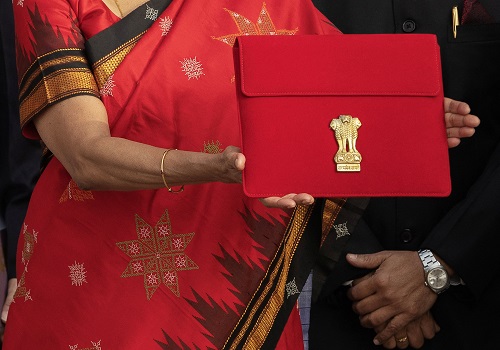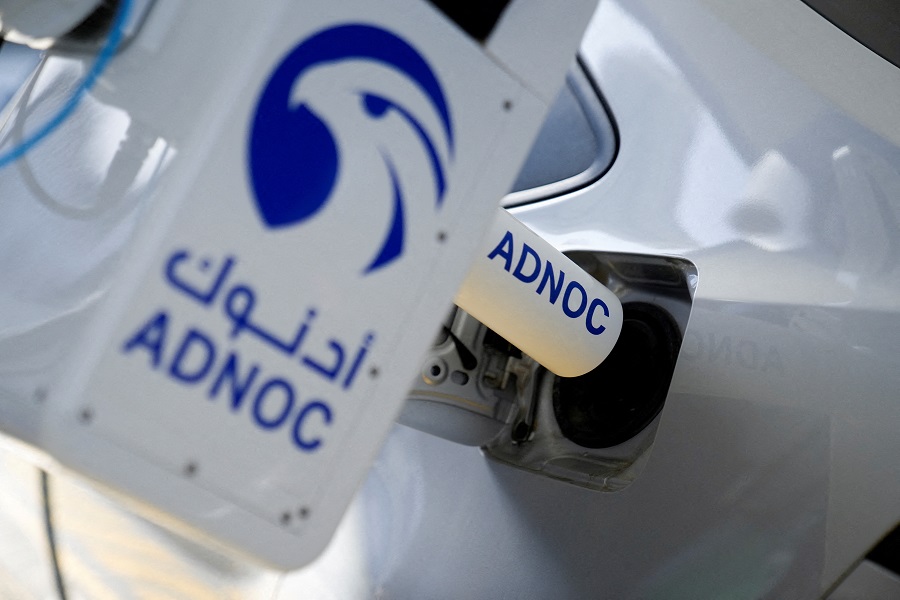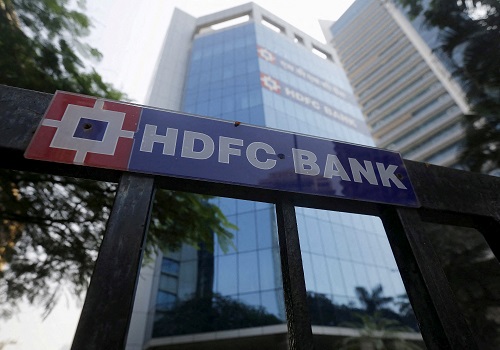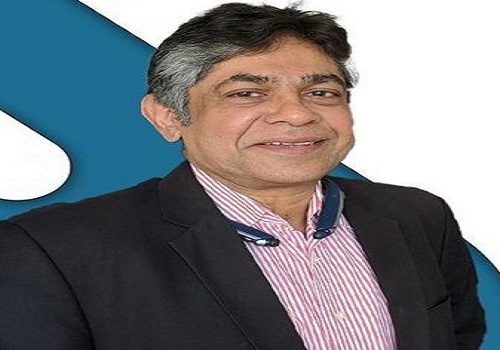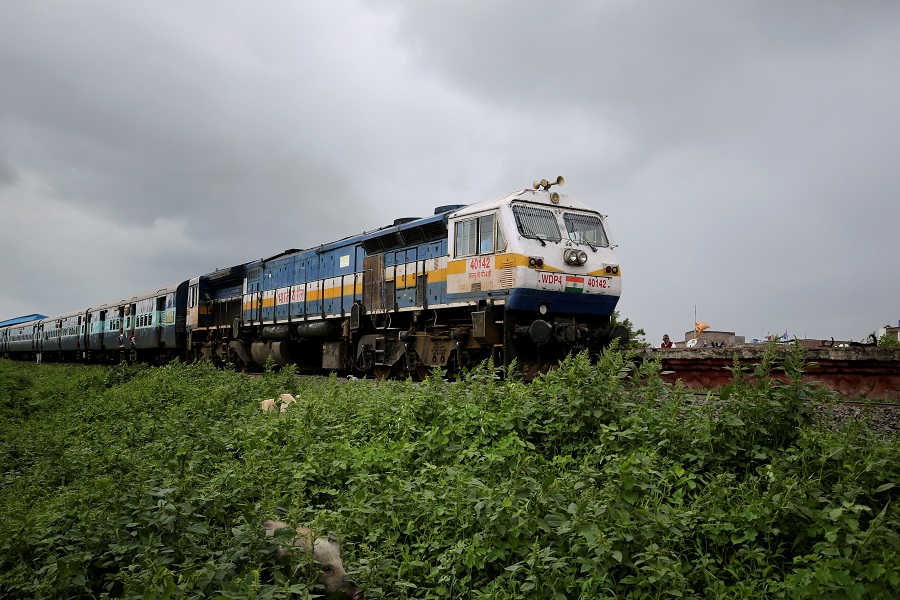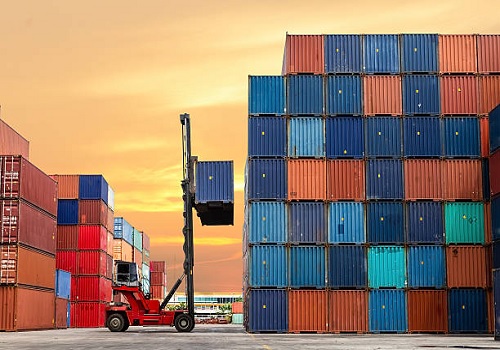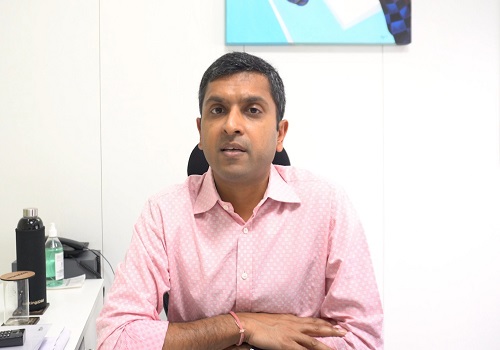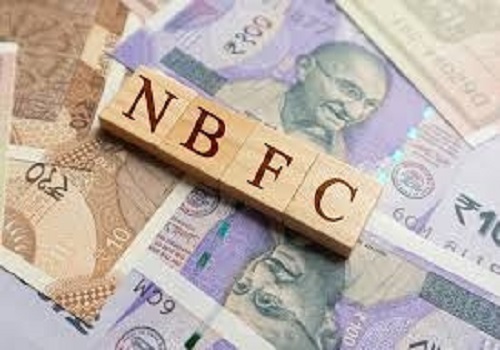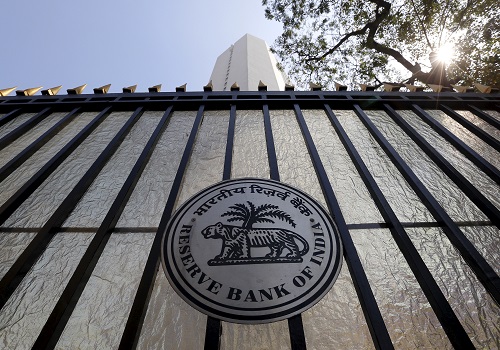High interest rates big deterrent for MSME exporters; working with finance ministry on this: DGFT
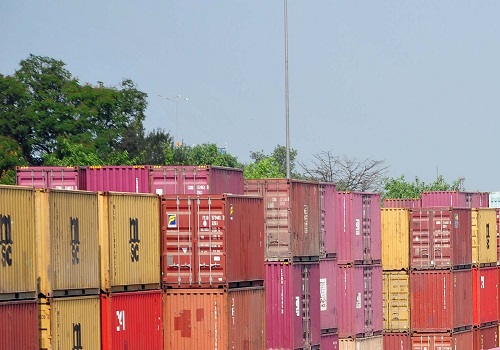
Director General of Foreign Trade (DGFT) Santosh Kumar Sarangi has said that the country's high interest rates are a big deterrent for exporters community and the commerce ministry is working with its finance counterpart to help them at this front. He said that the department of commerce has been struggling to convince the finance ministry regarding the relevance of the Interest Equalisation Scheme (IES) and the extent to which it is maintaining manufacturing competitiveness.
Sarangi said there are many studies which suggest that very high collateral demand by financial institutions is a big deterrent for MSMEs to access institutional finance and that deters them from getting into the export market. He said ‘so how do we ensure collateral free or a subsidised collateral arrangement for MSMEs is something that the department of commerce is working with the department of expenditure.’ He noted that India has high interest rates vis-a-vis its peer nations. The repo rate in India is 6.5 per cent, whereas in many Southeast Asian nations, it is between 2.5 per cent and 3.5 per cent. He said ‘so this has been a big deterrent for our exporters, especially MSMEs, to become export competitive’. The IES has been able to partially neutralise the very high interest rates that 'our exporters face. As of now, the scheme is there till December 31, 2024.’
He said ‘we hope our negotiations with the finance ministry is able to convince them that this actually a huge intervention for MSMEs and it allows them not only to stay afloat in the market but to ensure that their integration with the global marketplace is much better and stronger’. The scheme helps exporters from identified sectors and all MSME manufacturer exporters to avail of rupee export credit at competitive rates at a time when the global economy is facing headwinds.
Exporters get subsidies under the Interest Equalisation Scheme for pre- and post-shipment rupee export credit. The scheme was started on April 1, 2015, and was initially valid for five years up to March 31, 2020. It has been continued thereafter, including a one-year extension during Covid-19, and with further extensions and fund allocations. The scheme is fund-limited, and benefits to individual exporters were earlier capped at Rs 10 crore per annum per IEC (Import Export Code). Now the cap is Rs 50 lakh. After recording double-digit growth in October, India's exports in November contracted by 4.85 per cent year-on-year to $32.11 billion, while the trade deficit widened to an all-time high of $37.84 billion due to a record surge in gold imports.

